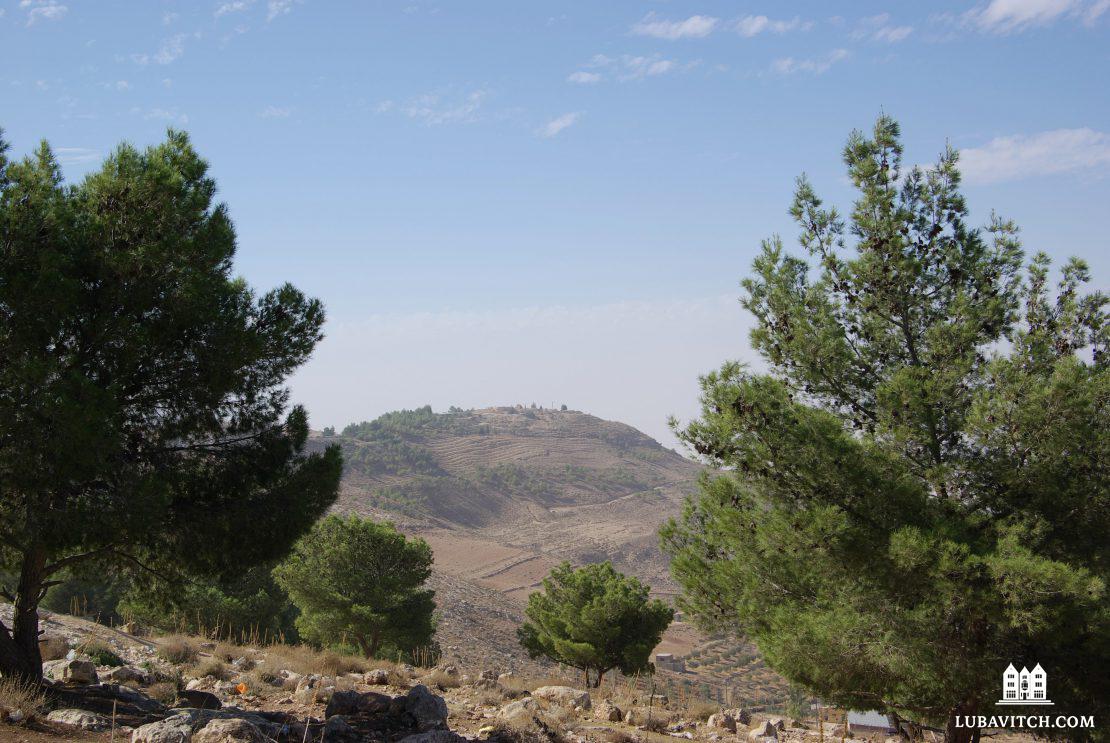Although Tisha B’Av is observed this coming Sunday, this Shabbat will be the ninth day of Av. Were it not Shabbat, we would spend the day fasting to commemorate the destruction of the Holy Temple in Jerusalem. This Shabbat, we also read the first parshah of the Book of Devarim. Not surprisingly, there is a thematic connection.
Tisha B’Av mourns the end of the Temple era and the beginning of the Jewish people’s long sojourn in the Diaspora. When we lost the Holy Temple, we also lost the direct experience of G-d that it enabled. The defining feature of exile is a lack of moral clarity and a pronounced emotional distance from G-dliness.
The Book of Devarim also partakes of this theme. It opens with the words, “These are the words that Moses spoke.” Unlike the previous four books of the Torah, the Talmud tells us that Moses related the Book of Devarim “of his own voice.” He was Divinely inspired, but related the ideas in his own words. While still G-dly, it’s less direct. A lot like exile.
But is there an upside to exile? At the end of the Book of Devarim, G-d takes Moses up to Mount Nebo and shows him the entire land of Israel. Our sages tell us that on this mountain, as Moses gazed out at Jericho and the whole of the land, G-d showed Moses the “final day,” [ad (hayam) hayom haacharon] — a glimpse of the Ultimate Redemption. Somehow, the lower state of consciousness symbolized by Devarim is the perfect place to talk about the ultimate moment of direct Divine awareness.
But why?
The answer is that exile is a mission. The spiritual wilderness of exile contains many G-dly treasures; our task is to find them. Had there never been an exile, we would never have known that an exilic life could be G-dly. The bitter necessities of the Diaspora compelled us to extract the G-dly potential within our surroundings. We’ve found ways to harness new technologies to G-dly purposes and demonstrate the power of kindness during dark times. So while exile is a time of great confusion and difficulty, it also has a profound purpose and leads us to heights we could otherwise never have achieved.
This Shabbat has thematic ties to the idea of descent away from direct awareness of G-d. And yet, this too has a purpose — to actualize the Divine potential latent in the places we’d never think to look. By being aware of that purpose and devoting our lives toward it, we can see that the descent is the first step upward and that the darkness of the night is but the beginning of the morning’s light. By seeking out the sparks of G-dliness within exile, we hasten the coming of the Ultimate Redemption itself.
Adapted from Toras Menachem Volume XXVIII, pg. 262

Be the first to write a comment.